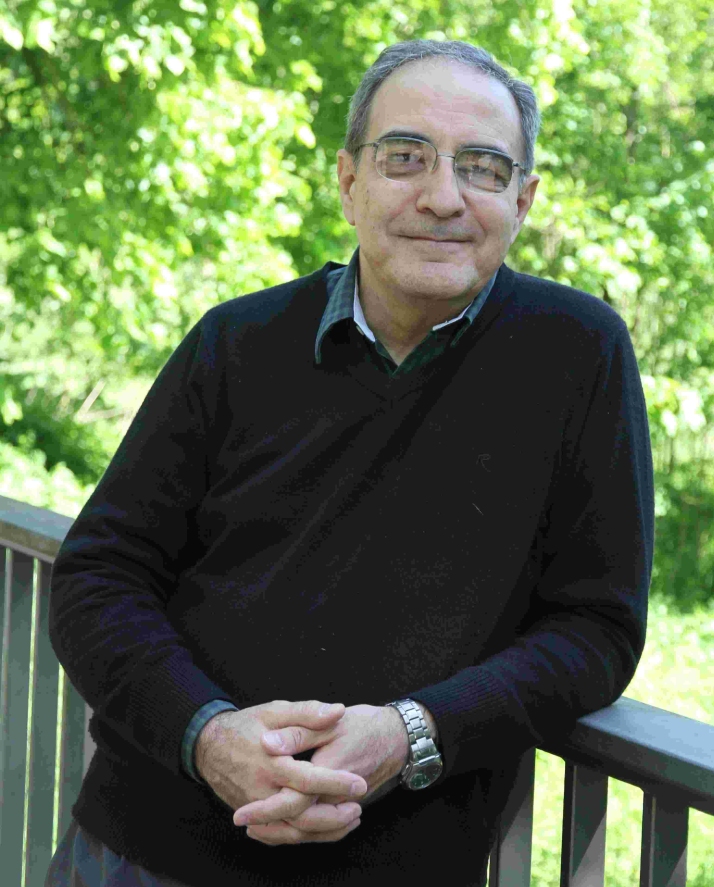 Liz Black who is currently at the University of Oxford working in the COSSAC group, is visiting us today. She is delivering a seminar:
Liz Black who is currently at the University of Oxford working in the COSSAC group, is visiting us today. She is delivering a seminar:
Agreeing how to act
When deliberating about what to do, an autonomous agent must generate and consider the relative pros and cons of the different available options. The situation becomes even more complicated when multiple agents are involved in a joint deliberation, as each agent will have its own preferred outcome and this may change as new information is received from the other participating agents. This talk considers such joint deliberation through the use of argumentation techniques.
I will present a dialogue system that allows agents to come to an agreement about how to act in order to achieve a joint goal. During such a dialogue, an agent can use its perception of others in order to select arguments that it believes are likely to be particularly persuasive. I will discuss how an agent may develop a model of what is important to another agent and how it can then use this model to guide its dialogue behaviour.
The seminar will be in Wolfson as usual at noon.










